Muslim-friendly versions of popular anime dishes across Japan!
Russia Earthquake Triggers Japan Tsunami Warnings: What Muslim Travellers Should Know
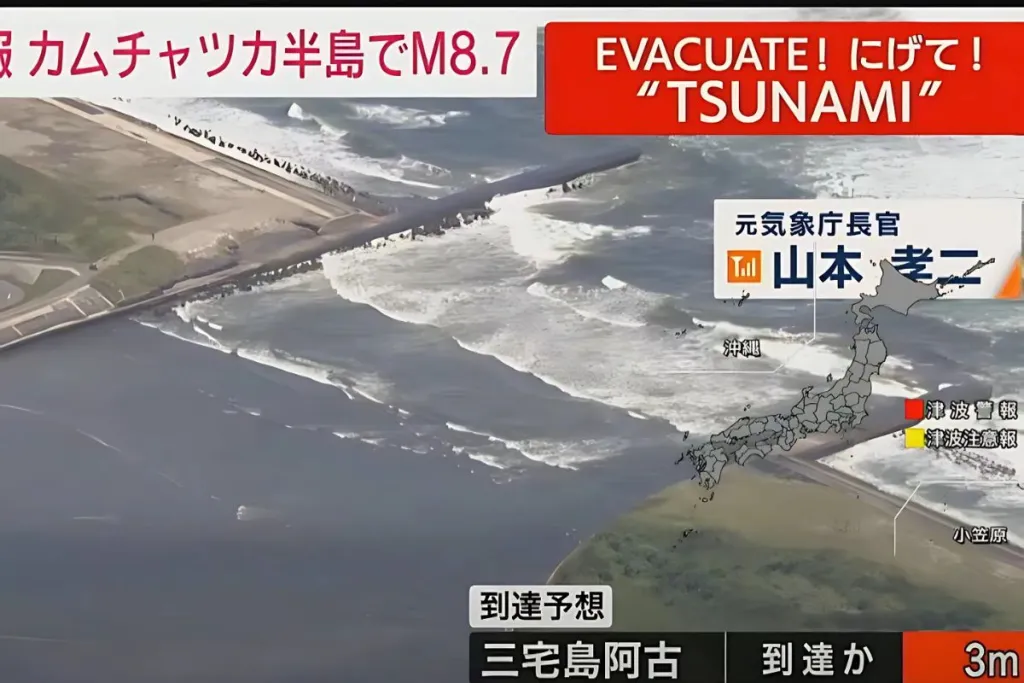
If you’re travelling in Japan today, expect significant disruptions across air and rail networks. A powerful 8.8-magnitude undersea earthquake struck off Russia’s Kamchatka Peninsula on the morning of 30 July 2025, prompting widespread tsunami warnings along Japan’s Pacific coast. The effects are being felt most immediately in the Tohoku and Kanto regions, where precautionary shutdowns and suspensions have taken effect.
Also read: Emergency Numbers Around the World Every Muslim Traveller Should Know
A strange sight along Japan’s coast
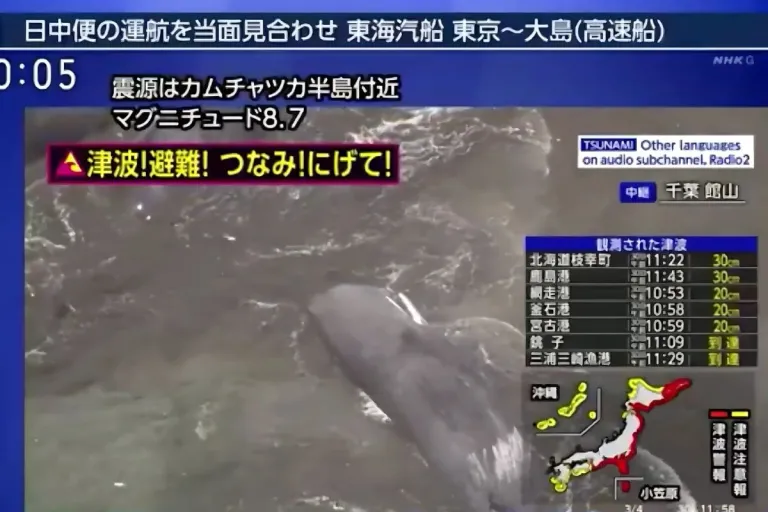 In a startling scene broadcast live across the country, several whales were found stranded along the coast of Tateyama City in Chiba Prefecture. The incident occurred just as tsunami waves began to reach the shoreline.
In a startling scene broadcast live across the country, several whales were found stranded along the coast of Tateyama City in Chiba Prefecture. The incident occurred just as tsunami waves began to reach the shoreline.
Marine experts and local authorities believe the phenomenon is likely linked to the undersea earthquake. Mass strandings have been observed in the past following seismic events of this scale, raising questions about how underwater disturbances affect marine navigation.
Environmental and marine biology teams are currently assessing the ecological impact of the quake, with the stranded whales seen as a possible early indicator of deeper disruptions in the marine ecosystem.
A Region-Wide Emergency
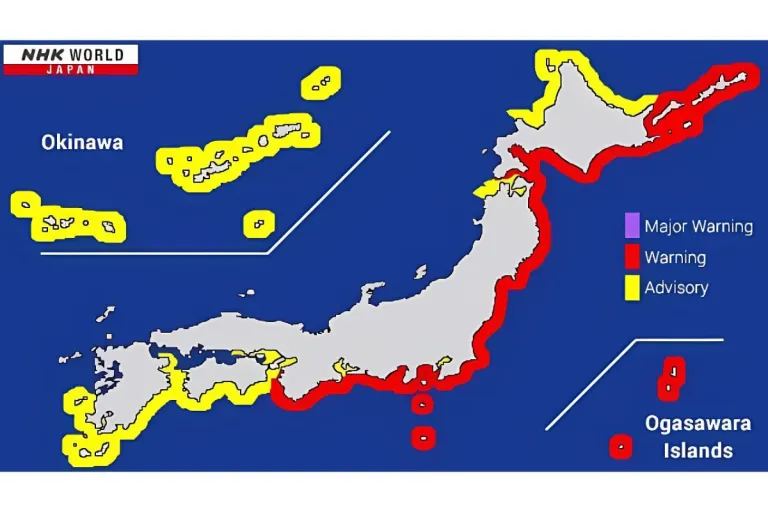 The earthquake struck at 11:25am local time, at a shallow depth near the Kamchatka Peninsula, increasing the likelihood of significant surface impact. In Russia, tsunami waves measuring 3 to 4 metres have already hit parts of the coastline, flooding towns and causing minor structural damage.
The earthquake struck at 11:25am local time, at a shallow depth near the Kamchatka Peninsula, increasing the likelihood of significant surface impact. In Russia, tsunami waves measuring 3 to 4 metres have already hit parts of the coastline, flooding towns and causing minor structural damage.
In Japan, initial waves of around 30cm were recorded in Nemuro, Hokkaido, with forecasts warning of later waves reaching up to 3 metres. Evacuation orders are in effect across a wide coastal zone, stretching from Hokkaido in the north to Wakayama in the south.
More than 900,000 residents across 133 coastal municipalities have been advised to evacuate. Workers at the Fukushima Daiichi nuclear plant have also been safely relocated as a precaution. No damage or radiation issues have been reported.
Travel Delays in Japan
Flight disruptions:
Sendai Airport closes runways
Sendai International Airport in Miyagi Prefecture suspended all runway operations at 9.41am JST, shortly after tsunami alerts were issued. Two domestic flights — one from Fukuoka and another from Osaka — were diverted to other airports.
Travellers flying into or out of northeastern Japan should be prepared for possible delays or cancellations. Flight schedules may continue to change throughout the day. Travellers are advised to check directly with their airline or the airport for the latest updates.
Rail disruptions:
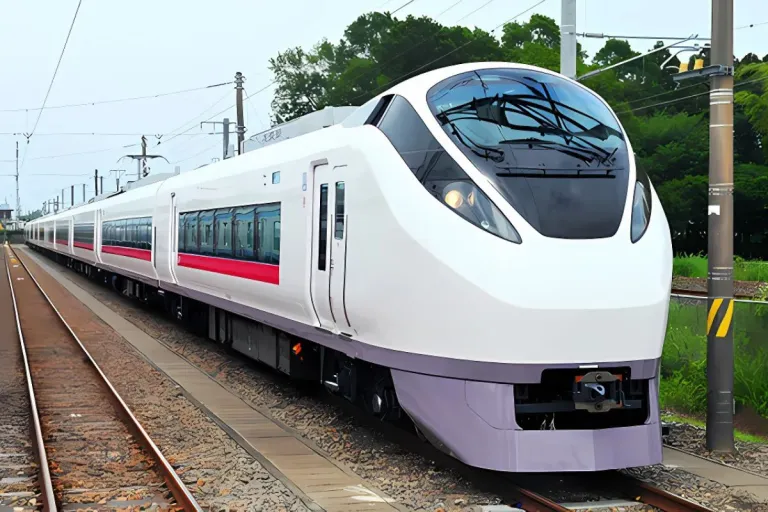 JR East coastal services suspended
JR East coastal services suspended
JR East has suspended or delayed several lines as a precaution, particularly those running along Japan’s eastern coastline. Safety protocols have been activated to minimise risks.
Fully suspended lines:
Jōban Line (Sendai to Katsuta)
Tōkaidō Line
Shōnan–Shinjuku Line (Ōfuna to Zushi, and Shinjuku to Odawara)
Itō Line
Uchibō Line (Chiba to Awa-Kamogawa)
Sotobō Line (Mobara to Awa-Kamogawa)
Yokosuka Line (Ōfuna to Kurihama)
Partially suspended or delayed lines:
Utsunomiya and Takasaki Lines (service cancelled between Tokyo and Ueno)
Sōbu Line (Rapid) (through-service cancelled)
Yokosuka Line (delays between Ōfuna and Tokyo)
Sotobō Line (delays between Chiba and Mobara)
Inland lines such as the Yamanote, Chūō, Narita, and Keihin–Tōhoku remain operational as of 12:50pm JST, but service conditions may continue to evolve. Travellers should check the JR East train status page for the most up-to-date information.
Broader impact beyond Japan
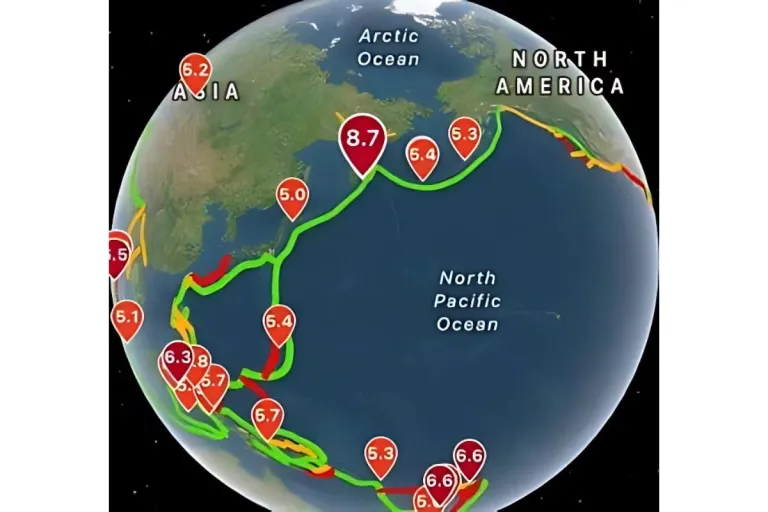 Tsunami alerts have also been issued across the Pacific:
Tsunami alerts have also been issued across the Pacific:
In Hawaii, sirens have sounded and motorists are evacuating coastal areas
U.S. states including Alaska, California, Oregon, and Washington are under advisories
Warnings are in place for Guam, Micronesia, and other Pacific islands
While seismologists suggest that catastrophic impact in the Americas is unlikely, strong waves and dangerous currents are still expected in low-lying coastal zones.
What this means for Muslim travellers
If you’re currently in Japan, especially near the Pacific coast, consider postponing any non-essential travel today. Coastal areas are under evacuation, and both rail and air routes are being adjusted or suspended for safety.
Even if you’re travelling inland, be aware that connecting services may be affected. Give yourself extra time and remain flexible with your plans. If you’re already en route, stay updated through your transport provider or accommodation staff, and move inland if advised.
For the latest updates, travellers should check:
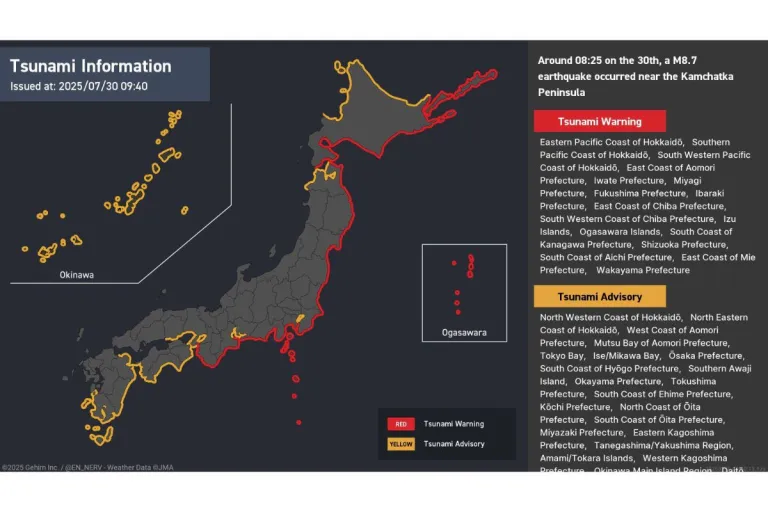
JR East’s official train status page
The Japan Meteorological Agency (JMA) for tsunami alerts
The Sendai International Airport website
NHK World or other official local broadcasters for evacuation orders and government announcements
Also read: What to Do in Japan During an Earthquake: Traveller’s Guide to Stay Safe
Muslim-friendly travel tips during emergencies
For Muslim travellers currently in Japan, safety remains the top priority. However, here are some added tips to stay prepared and maintain comfort during times of crisis:
Locate nearby mosques or prayer spaces: Use apps like Muslim Pro or Halal Navi to find safe spaces for prayer, especially if you’re sheltering inland.
Pack emergency-friendly halal snacks: Convenience stores may face supply chain delays. Stock up on packaged halal-certified snacks or instant meals if you spot them. Look for the halal-certified logo or ask store staff.
Stay connected with local Muslim communities: Many mosques or Islamic associations in cities like Tokyo, Sendai, or Sapporo provide aid and up-to-date support during natural disasters.
Your spiritual and physical well-being are equally important, so take comfort in the small preparations that help you feel grounded amid uncertainty.
Final thoughts
Avoid coastal areas until warnings are lifted. Keep a portable battery or charger on hand in case of power issues, and stay in touch with accommodation providers for support. In fast-moving emergencies like this, calm, informed decisions make a difference.
If you’re visiting Japan today, your safety comes first. The situation remains dynamic, but following verified sources and guidance will help you adjust your travel plans with confidence.
Published at
About Author
Aimi Zulkiflee
Subscribe our Newsletter
Get our weekly tips and travel news!
Recommended Articles
10 Halal Anime Food Guide for Muslim Travellers in Japan 10 Hidden Gems in Osaka Perfect For Muslim Travellers Food, culture, neon lights, history, friendly locals — OSAKA!
10 Muslim-Friendly Airbnbs in Sapporo, Japan 2025 Choose your mood for staycation now!
Beyond Sakura: 10 Muslim-Friendly Wisteria Spots in Japan 2025 Catch it between late April to Early May!
10 Real-Life Anime Locations Every Muslim Otaku Fan Must Visit The fact that Japan look like anime in real life, mindblowing!
Latest Articles
The Ultimate Guide to the Kawazu Cherry Blossom Festival You don’t have to wait that long to see Japan turn into a pink wonderland!
10 Most Instagrammable and Soul-Soothing Resorts in Yogyakarta for Your 2026 Retreat Experience luxury and serenity.
10 Most Stunning Camping Spots in Yogyakarta, From Mountain Peaks to Riversides for Muslim Adventurers Level up your adventure!
10 Nature-Themed Cafes in Batu, Malang for A Halal-Friendly and Soul-Soothing Escape Escape to nature!
10 Best Hotels in PIK Jakarta for a Fun Family Staycation: Strategic & Stylish perfect destination for a quick weekend escape or a fun-filled family staycation

